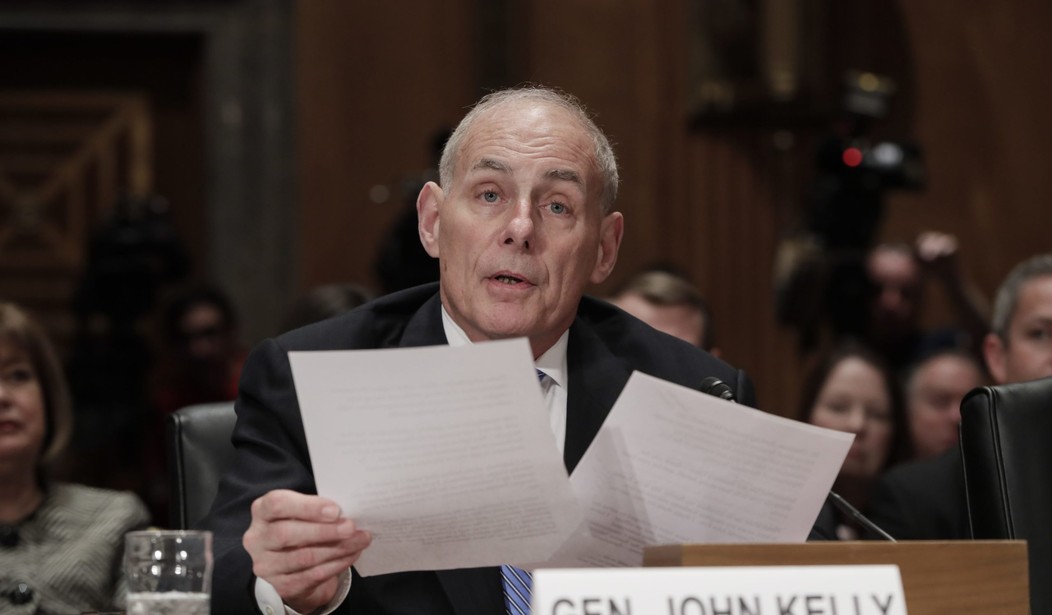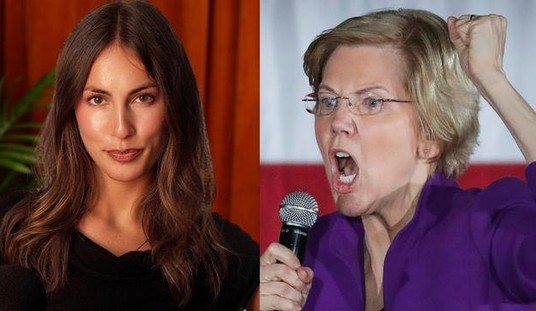WASHINGTON — President-elect Trump’s pick to lead the Department of Homeland Security told a Senate panel at his confirmation hearing today that homegrown terrorism should be confronted starting with “families, churches, synagogues, mosques.”
Retired USMC Gen. John Kelly also emphasized that a border wall alone won’t secure the United States, and stressed that battling drug use north of the border and helping build safer communities south of the border are key to stopping illegal cross-border traffic.
Kelly, the former commander of United States Southern Command, is not considered one of Trump’s controversial nominees, and was warmly welcomed by Democrats and Republicans at the Senate Homeland Security and Governmental Affairs Committee this afternoon.
“A physical barrier in and of itself will not do the job,” Kelly told lawmakers, saying any border fence has to be part of a comprehensive “layered defense.” The fence, he added, “starts 1,500 miles south partnering with some great countries” to stop problems at the source.
A big problem, Kelly said, “is we have a very overly medicated society” fostering a “huge” drug problem that is “getting worse — profits are just unbelievable to cartels.” And the cartel violence in Latin America is a big factor in driving people from “some of the most dangerous countries on the planet” north to look for a better life.
“For the most part” immigrants “don’t want to come up and leave their families,” the DHS nominee said, but live with “a level of violence in our country we couldn’t imagine.”
“Most of the time they don’t come here for any other purpose than to have some economic opportunity and escape violence.”
Thus, Kelly said, illegal immigration can be battled by reducing drug demand in the United States, helping Latin American countries develop stronger police forces and investing in those countries.
Asked about the problem of visa overstays, the general acknowledged that “apparently, we don’t have a particularly good system” and suggested increased home visits of people who have stayed too long to “ask why they haven’t departed yet.”
However, the general picked by Trump to lead the DHS told the committee that he couldn’t speak on what the administration’s policy would be as he hadn’t yet been invited to take part in immigration policy meetings.
He told Sen. Kamala Harris (D-Calif.) in a line of questioning about people legalized under President Obama’s Deferred Action for Childhood Arrivals order that he believes “law-abiding individuals would probably not be at the top of the list” for deportation.
Kelly said the best counterterrorism strategy is “stopping them somewhere well away from our country.”
Sen. Gary Peters (D-Mich.), citing concerns from the Muslim population in his home state, asked Kelly if putting mosques under surveillance or Muslims in a database would “raise serious constitutional issues.”
Kelly replied he’s “not a lawyer, but to the degree I understand those laws, yes sir.”
“I don’t think it’s ever appropriate to focus on something like religion as the only factor,” he added, noting he wouldn’t support resurrecting a Muslim registry “unless there was some really compelling reason.”
The general also said that outreach with Muslim clerics and communities in Iraq was “the way we won” as they “convinced people we were there for good, not for evil… it was the thing that gave us success.”
Peters invited Kelly to come meet with the Muslim community in Detroit should he be confirmed. “Look forward to it,” the nominee replied.
Asked by Sen. Maggie Hassan (D-N.H.) how he’d deal with deal with the “disturbing rise” in homegrown terrorism that endangers the homeland “no matter how secure our borders are,” Kelly called it a “tough problem to say the least” and stressed the threat includes “other nationalities, white supremacists, that kind of thing.”
Parents should pay greater attention to what kids are looking at on the internet behind closed bedroom doors, he said, and people who see something need to say something: “at churches, synagogues, whatever, hear them talking and turn them in… keep an eye out for the telltale signs and get help.”
And, for national security’s sake, Kelly emphasized, “we have to reduce the amount of drugs used” in the United States.









Join the conversation as a VIP Member